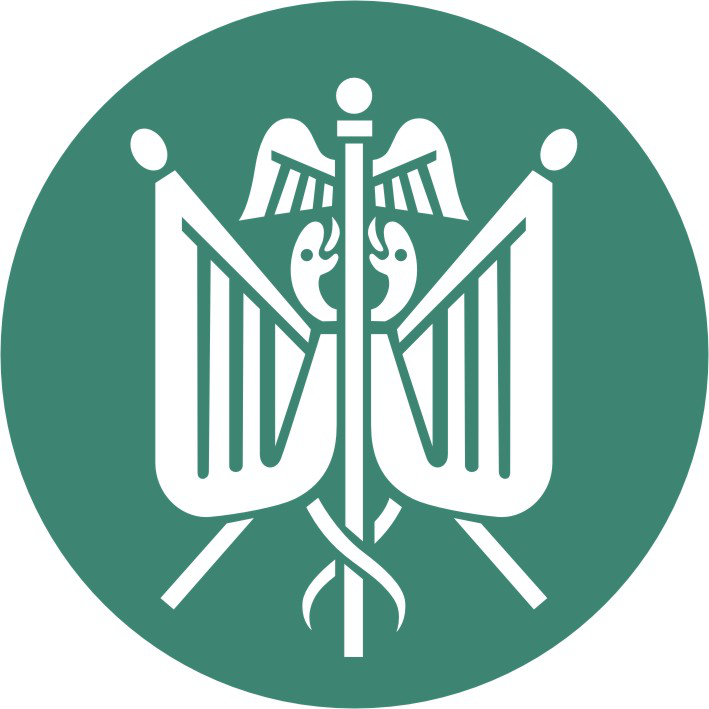COURSE SYLLABUS I. Description EU Politics Közösségi politikák az EU-ban Instructor Entry requirements
Mandatory/recommended preliminary courses
Description Course overview: The aim of the course is to introduce students into the theoretical background and development of the European politics and the EU, then a more detailed examination of the particular EU policies. In the first part of the course, we clarify the most important theoretical terms, like politics, nation state, democracy, power, international economic order, globalization and regionalization, international governmental and non-governmental organizations, etc., necessary for the understanding of the complex system of international political and economic order developed after WWII, in which the EU is embedded. Then we deal quite detailed with the historical background, foundation, development of the integration process and institutional set-up of the EU with a special attention to the recent changes, problems and challenges. In the last section students will have the opportunity to examine the most essential EU policy areas, like the finance and budget, agriculture &food, regional and local development, international economic relations, environment and energy, social policy & employment, culture and education. Budapest University of Technology and Economics
Budapest University of Technology and Economics
Faculty of Economic and Social Sciences
Department of Sociology and Communication
Neptun code
Academic year
C/E
Assessment
Contact hours (th/pr)
Credit
Language
Semester
BMEGT43MN20-BMEGT43MN2
2018/19 E intra-term grading 2/0 3 English Spring  Annamária Orbán, associate professor
Annamária Orbán, associate professor
This email address is being protected from spambots. You need JavaScript enabled to view it.
Depart. of Sociology and Communication
-
-
Topics
| Tuesday 08:15-09:45 | Weekly Topics |
| 2019.02.05 | Week 1: Introduction and basic concepts |
| 2019.02.12 | Week 2: Theories of international and EU politics |
| 2019.02.19 | Week 3: Nation state, governmental systems, confederalism |
| 2019.02.26 | Week 4: Globalization, regionalism, regional integrations. |
| 2019.03.05 | Week 5: History and development of the EU integration process |
| 2019.03.12 | Week 6: Institutions, organizations and future challenges of the EU |
| 2019.03.19 School Holiday | Week 7: No class (Easter Holiday)
|
| 2019.03.26 | Week 8: Mid-term exam (26 March 2019) |
| 2019.04.02 | Week 9: The financial, economic union and the Euro |
| 2019.04.09 | Week 10: The Common Agricultural Policy (CAP) |
| 2019.04.16 | Week 11: Environment and energy, trans-European energy networks |
| 2019.04.23 | Week 12: Regional development in the EU
|
| 2019.04.30 | Week 13: Demographic problems of Europe, social policy, culture & education |
| 2019.05.07 | Week 14: Final exam ( 7 May 2019) |
| 2019.05.14 | Week 15: Study trip/special program |
Readings
Compulsory readings:
J. McCormick 2011. European Union Politics, Palgrave Foundations, Palgrave Macmillan
Bache, I. & George, S. 2011 (second edition). Politics in the European Union. Oxford University Press
Official EU materials found at: http://ec.europa.eu/index_en.htm, and
lecture handouts, e-learning materials up-loaded to the Moodle of the Department website:
Step 1: go to http://moodle.szoc.bme.hu//
Step 2: find the course „European Politics”
Step 3: write the key word - given on the first class - into „Beiratkozási kulcs” then enter Feliratkozom erre a kurzusra” and finally „Bejelentkezés”
Recommended readings:
Gilpin, R. 2001. Global Political Economy. Understanding the International Economic Order. Princeton University Press
Lechner F.J.& Boli J. 2004.Globalization Reader. Blackwell Publishers.
Orban, A. & Szanto Z. 2011. The European Energy Policy from an Intra-European Solidarity Point of View. In Reinventing Social Solidarity Across Europe, Ellison, M. (ed), The Policy Press
Teaching method
theory
Requirements
Re-sit possibilities
If writing one test is not successful or in other exceptional cases (e.g. justified medical care) there is a possibility to retake one of the two exams in the re-take exam period.
Consultation
E.711 Tuesday 09:00-10:00 , Tuesday 13:00-14:00
Course requirements
Teaching method and grading: Lectures, in class student activity
60% - Midterm and final written in-class exam
40% - Other assignments (homework, class presentation, individual and team work, activity etc…)
Evaluation criteria
Teaching method and grading: Lectures, in class student activity
60% - Midterm and final written in-class exam
40% - Other assignments (homework, class presentation, individual and team work, activity etc…)
Writing the mid and final term (based on the lecture, e-learning compulsory reading materials) exams is compulsory (min. 50% of the scores for successful final grading is a necessity). However, if writing one test is not successful or in other exceptional cases (e.g. justified medical care) there is a possibility to retake one of the two exams on the 15 th (re-take exam period) week. Each student will have a topic – related to the main topics in the class schedule – to prepare an oral, compulsory presentation (max. 15- 20 minute in ppt format) on it, in the pre-defined date and time. A 2 page Word format summary (with references) of it should be handled electronically by e-mail until 8. p.m. the day before of the presentation. (Delayed summary, but sent until the time of the presentation accepted with score deduction. However not sent at all, means not fulfilled this task, even presented in class!)
Evaluation
| Excellent [A] | |
| Very Good [B] | |
| Good [C] | |
| Satisfactory [D] | |
| Pass [E] | |
| Fail [F] |
Student work required for the completion of
the course Course supervisor Contact hour 40% Preparation for classes 10% Preparation for test 15% Preparation of homework 10% Learning written material 10% Preparation for exam 15% Sum 100%
név
beosztás
tanszék
Orbán Annamária egyetemi docens
BME Szociológia és Kommunikáció Tanszék